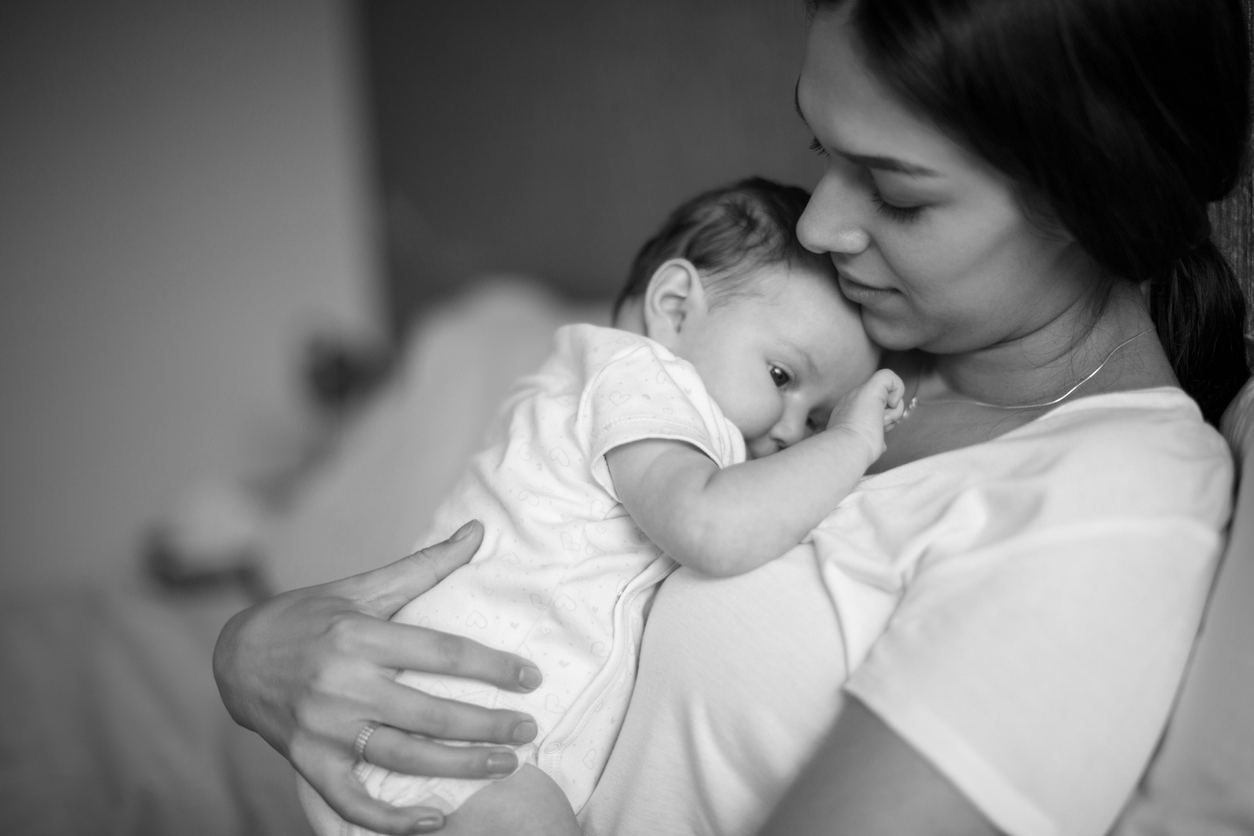Archives
Stay up-to-date and on top of your health with our e-Newsletter and receive updates on current treatments and vital health issues.
The Post-Partum Period

The postnatal period is a time that can be both joyful and challenging for new parents.
What is the Postnatal Period?
The postpartum period, also known as the postnatal period, refers to the weeks and months following childbirth, during which recovery from the physical stresses of pregnancy and childbirth occur, as well as the adjustment to the emotional and psychological changes that come with being a new parent. It is also the time when breastfeeding is established and the newborn reaches a range of early developmental milestones.
Physical Recovery after Childbirth
New mothers typically feel tired and sore after giving birth, and it can take many months to recover. To ensure complete resolution of symptoms related to pregnancy and delivery, it is as important for new mothers to self-care, as much as caring for their newborn, by way of :
Rest: as much rest as possible in the first few weeks after delivery is recommended, as well as seeking help with household tasks and caring of the baby.
Hydration: Plenty of water is essential, particularly due to the fluid losses related to breastfeeding.
Nutrition: A balanced healthy diet is essential for mother’s healing and breastfeeding and baby’s nutrition that includes plenty of iron and calcium rich foods, fruits, vegetables, and protein.
Exercise: gentle exercise, such as walking or stretching, can improve physical and mental well-being. Pelvic floor exercises are also essential for the recovery of the pelvic floor.
Emotional and Psychological Adjustment
It’s normal to feel a range of emotions during the postnatal period,
Measures to support the emotional and psychological impacts of pregnancy, childbirth and the immediate postpartum period include:
Counselling with a professional or sharing one’s experiences and feelings with trusted friends or family: It’s common to feel overwhelmed, anxious, or depressed after giving birth. Raising these concerns and ‘opening up’ can be very reassuring and normalising.
Seeking support: It can be helpful to connect with other new parents or join a support group. Sharing experiences and hearing from others who are going through similar challenges can be comforting and help a new parents feel less alone.
Physical support in the form of delegating some of the care of the baby, can also alleviate some of the frustration and unrelenting demands of new parenting.
Taking time out for oneself:
Taking time out in the postnatal period is critical for one’s mental wellbeing.